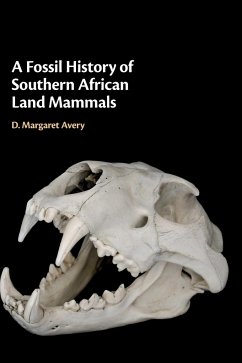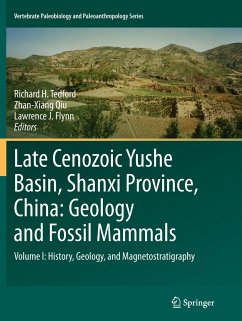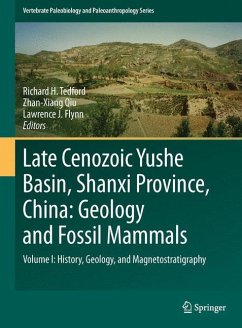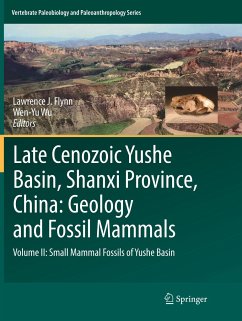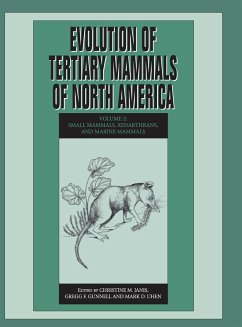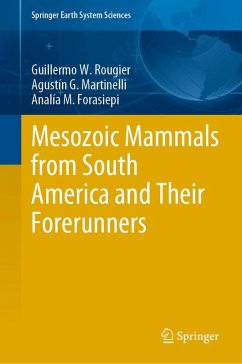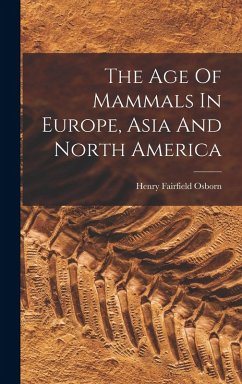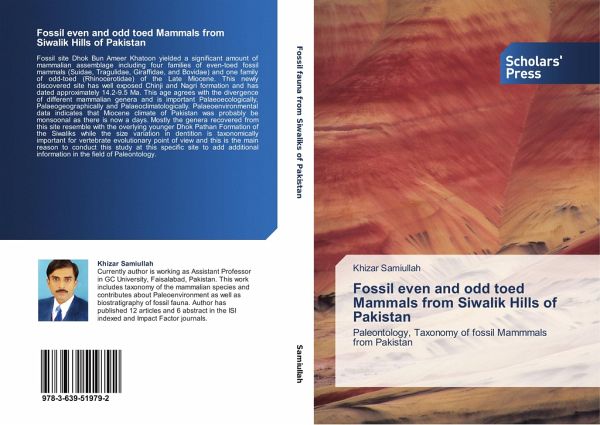
Fossil even and odd toed Mammals from Siwalik Hills of Pakistan
Paleontology, Taxonomy of fossil Mammmals from Pakistan
Versandkostenfrei!
Versandfertig in 6-10 Tagen
59,99 €
inkl. MwSt.

PAYBACK Punkte
30 °P sammeln!
Fossil site Dhok Bun Ameer Khatoon yielded a significant amount of mammalian assemblage including four families of even-toed fossil mammals (Suidae, Tragulidae, Giraffidae, and Bovidae) and one family of odd-toed (Rhinocerotidae) of the Late Miocene. This newly discovered site has well exposed Chinji and Nagri formation and has dated approximately 14.2-9.5 Ma. This age agrees with the divergence of different mammalian genera and is important Palaeoecologically, Palaeogeographically and Palaeoclimatologically. Palaeoenvironmental data indicates that Miocene climate of Pakistan was probably be m...
Fossil site Dhok Bun Ameer Khatoon yielded a significant amount of mammalian assemblage including four families of even-toed fossil mammals (Suidae, Tragulidae, Giraffidae, and Bovidae) and one family of odd-toed (Rhinocerotidae) of the Late Miocene. This newly discovered site has well exposed Chinji and Nagri formation and has dated approximately 14.2-9.5 Ma. This age agrees with the divergence of different mammalian genera and is important Palaeoecologically, Palaeogeographically and Palaeoclimatologically. Palaeoenvironmental data indicates that Miocene climate of Pakistan was probably be monsoonal as there is now a days. Mostly the genera recovered from this site resemble with the overlying younger Dhok Pathan Formation of the Siwaliks while the size variation in dentition is taxonomically important for vertebrate evolutionary point of view and this is the main reason to conduct this study at this specific site to add additional information in the field of Paleontology.



